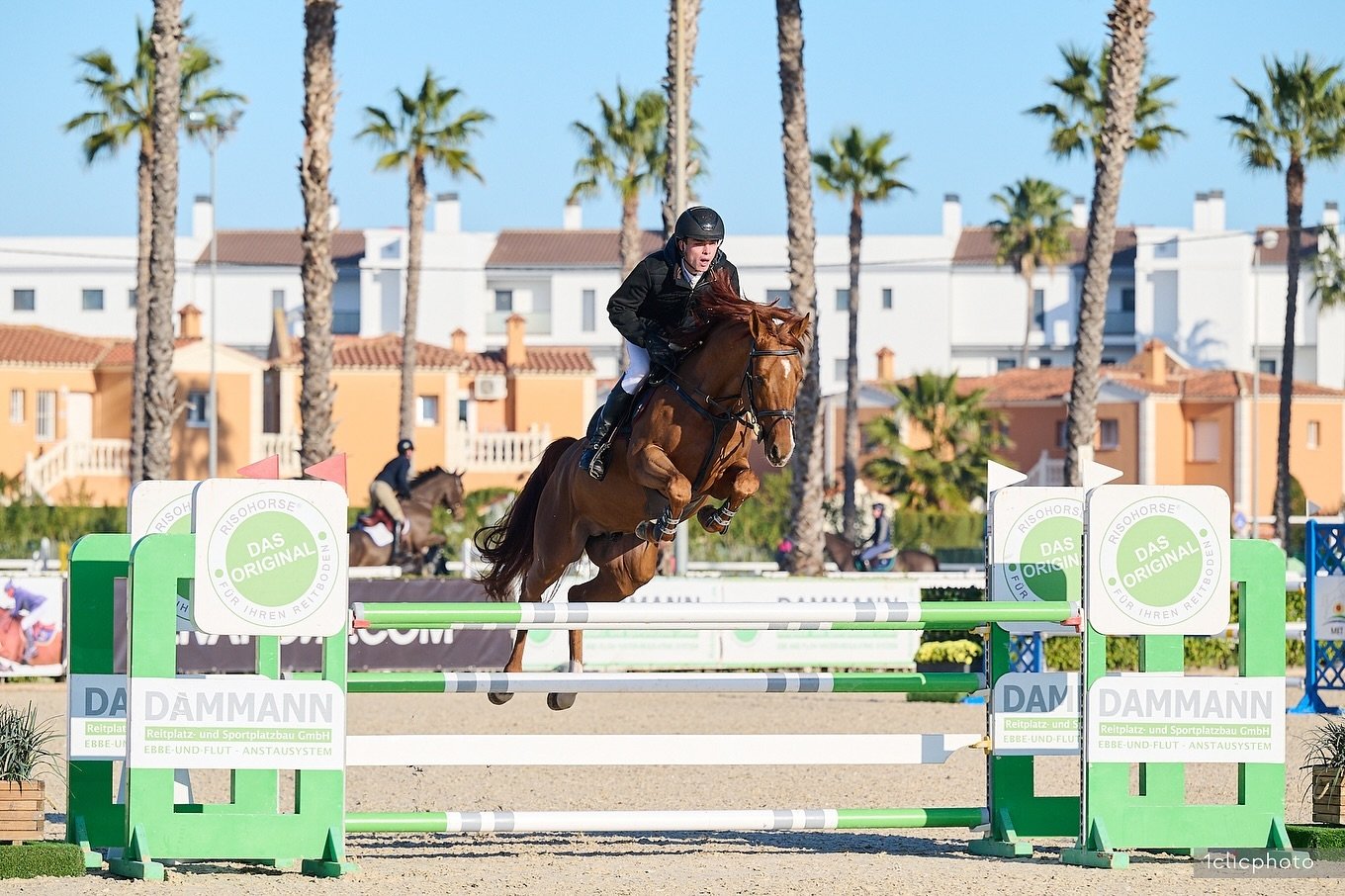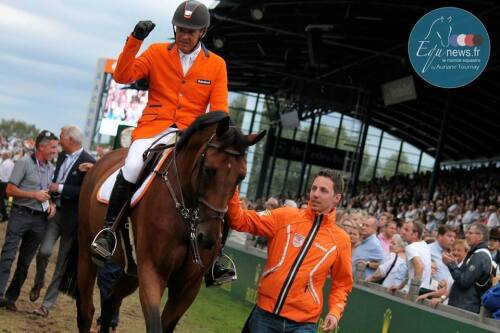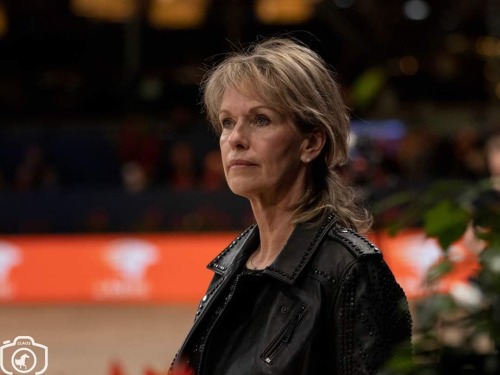On Wednesday, March 19, Flemish talents gathered for a training session with Bert Prouvé and Marc Van Dijck. At Gilles Thomas' uncle's place, it became clear that flatwork is and always will be the foundation! "I keep emphasizing that! I love teaching and do it often, and I always repeat those basics..." says Van Dijck.
"Teaching—I do it a lot and with great passion," begins Marc Van Dijck, and many young talents would love to follow in the footsteps of his nephew, Gilles Thomas. Marc Van Dijck, who turns 65 next month, knows better than anyone how to train both horse and rider. How does he view the younger generation? "I see a lot of talent, but talent alone is not enough to reach the top in this sport. Many other factors come into play, such as dealing with potential owners or sponsors, your entourage, guidance, and perseverance. Talent is just one link in a long chain that determines success. My generation went through everything—we truly did it all.
Nowadays, young riders have it easier, and that's not a bad thing. What I see is that we have many talented riders who are skilled in the arena. The results speak for themselves. But once they become seniors, that’s where reality hits hard. Anyone who wants to stand on their own feet will have to do a lot themselves, from mucking out stalls to training young horses. In other words, after the youth years, you start from scratch again as a senior. In the ring, you see many skilled, competitive jockeys. The real focus for our talents, however, should be on the basics. From school rider to junior to Young Rider, the level keeps rising, and the higher you go, the more important flatwork becomes. It's something you rely on every single day. That’s the only way to prepare a horse for the future. Anyone can ride a distance to a jump, but that alone is not enough on a course. The balance and rhythm of both horse and rider are key. You can gallop to a jump at the correct distance, but was your horse straight? Did he have the right pace? Did you apply too much or too little pressure? Was your rhythm consistent in the lines and turns? The same applies to the connection with your horse—were you working as one?
That’s basic work, and it’s a lot of work. And it has nothing to do with mere skill. Gilles Thomas barely jumps at home—his days are filled with foundational work to keep his horses fit, attentive, healthy, and happy.
Seppe Wouters: "The more tips and insights, the better"
Seppe Wouters is widely recognized as an undeniable talent. He is eager and keen to learn, bringing his best horses to the training camp—first his stallion Quito de Mariposa, then Qoffiekoek de Muze.
"My entire life has been one big learning process, and I’m grateful that the Talent Program from Paardensport Vlaanderen provides me with so much knowledge," says Seppe Wouters. "Today was a jumping training session, and yesterday there was an interesting seminar about stewarding—what is and isn’t allowed in competitions, for example, when it comes to tack. That helps us stay up to date with the regulations. And there are so many other aspects. At home, I train with Alexander Liefsoens. A different coach, like Marc Van Dijck, sometimes sees things differently, and it’s useful to get that perspective. The more tips and insights, the better. That’s why I try to attend every training session I can."



